Leslie H. Sabo Jr. may not be a household name, but his legacy as a brave soldier who made the ultimate sacrifice during the Vietnam War remains unforgettable. A recipient of the Medal of Honor, Sabo displayed exceptional courage and selflessness, ultimately giving his life to protect his comrades. His story, which spans continents, offers a moving account of honor, service, and heroism.

Early Life and Struggles: Leslie H. Sabo Jr. was born on February 22, 1948, in Kufstein, Austria. His family had fled Hungary after World War II, as Soviet occupation forced them to leave behind their privileged life. Sabo's parents, Elizabeth and Leslie Sr., sought a better future in America, moving to Pennsylvania when Leslie was just two years old. His father, once a lawyer in Hungary, retrained as an engineer to support his family. Raised in Ellwood City, Pennsylvania, Sabo grew up with strong values of discipline and patriotism, emphasized by his father. He was a kind-hearted and easygoing young man, known for his love of billiards and bowling. After graduating high school in 1966, Sabo briefly attended college but soon left to work in a steel mill before being drafted into the U.S. Army in 1969.
Military Enlistment and Heroics: Leslie Sabo’s entry into military life came when he was drafted into the U.S. Army in 1969. He completed his basic training at Fort Benning, Georgia, and joined the 506th Infantry Regiment, 101st Airborne Division. His brief time on leave allowed him to marry his sweetheart, Rose Sabo-Brown, before departing for the jungles of Vietnam. Despite the difficult conditions of war, Sabo thrived in the environment of discipline and camaraderie the military offered.
In January 1970, his unit was deployed to Vietnam as part of the U.S. involvement in the Vietnam War. Sabo and his fellow soldiers frequently faced the enemy in smaller skirmishes until they were called to participate in a secret mission in Cambodia in May of that year. It was there, amid relentless battle, that Sabo’s true bravery would come to the forefront.
Defining Moment: On May 10, 1970, Leslie Sabo's unit was ambushed by a heavily armed force of the North Vietnamese Army near Se San, Cambodia. Sabo acted swiftly and decisively, repeatedly risking his life to save his fellow soldiers. His defining moment came when he shielded a wounded comrade from a grenade blast, absorbing the impact himself. Despite his own injuries, he continued to fight with unmatched determination, charging enemy positions, distributing ammunition, and providing covering fire for evacuation helicopters under intense enemy fire.
Sabo’s final act of valor came when he crawled toward an enemy bunker, severely wounded, and launched a grenade that silenced the enemy fire. This selfless act cost him his life, but it saved many of his comrades. His bravery and sacrifice turned the tide of the battle, ensuring the survival of his unit in what became known as the “Mother’s Day ambush.”
Military Awards and Decorations: For his actions on that fateful day, Leslie H. Sabo Jr. was posthumously awarded the Medal of Honor, the highest U.S. military decoration. However, due to administrative errors, the recognition was delayed for decades. It wasn’t until 2012, 42 years after his death, that President Barack Obama presented the Medal of Honor to Sabo’s widow, Rose. In addition to this honor, Sabo was also posthumously awarded the Purple Heart, the Bronze Star, the Air Medal, the Army Commendation Medal, and numerous other military decorations.
Conclusion: Leslie H. Sabo Jr.’s story is one of courage, sacrifice, and dedication to his fellow soldiers. His extraordinary actions in the Vietnam War serve as a reminder of the incredible bravery displayed by those who fight for freedom. Though his recognition was delayed, his heroism remains a lasting tribute to the selflessness and valor of the American soldier.

1 comment
Great work and I am honored to read about him God bless him and family